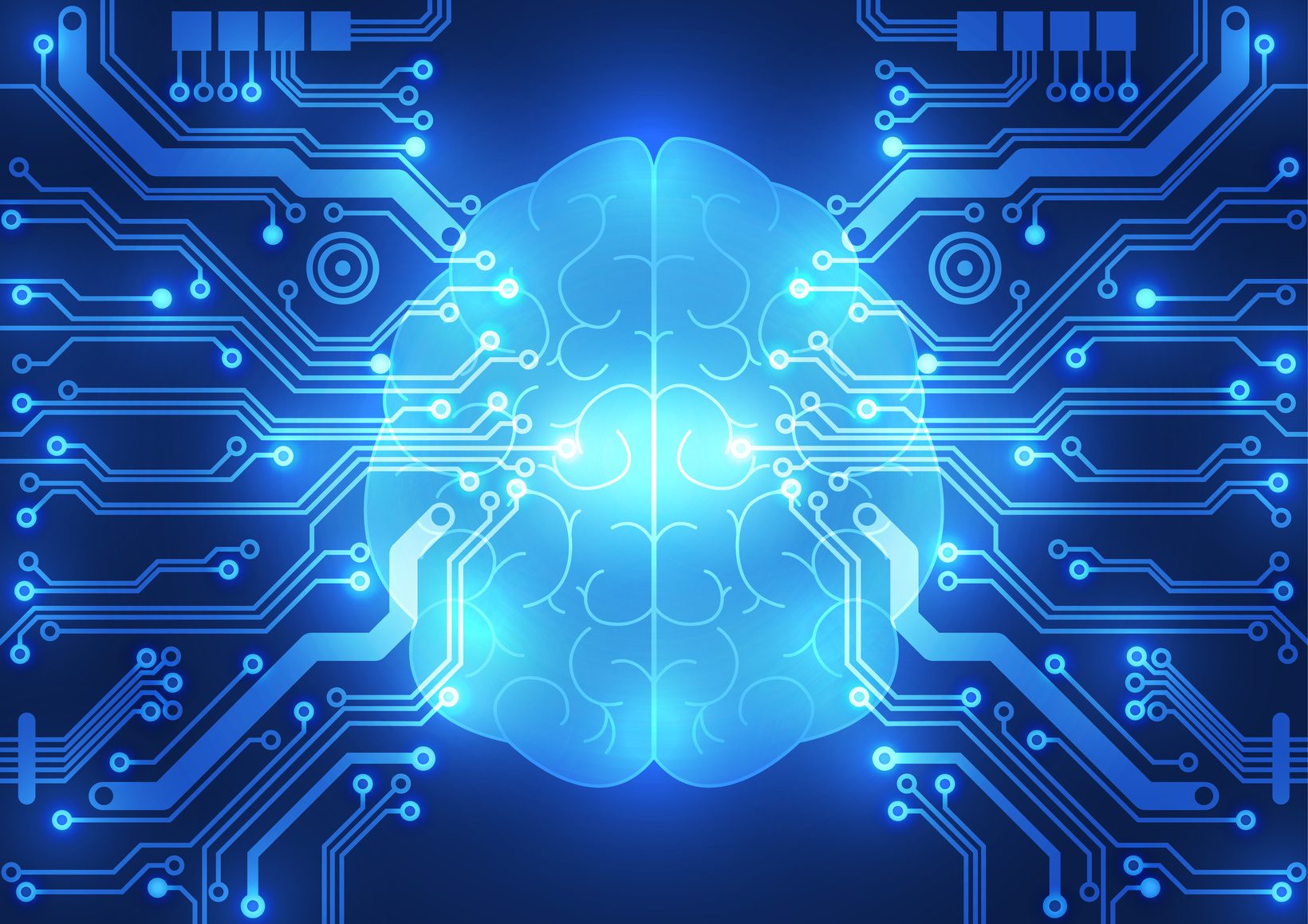Do you ever wish you could just plug your brain into your computer so you can capture all the stuff and release its hold over you? Well, you can. Maybe not literally, but certainly there are steps we can take to defrag our mental hard drive.
Defragging is consolidating data on a disk (in this case our brain) so it works more efficiently. Sounds a little daunting, right? Well, when we don’t take the time to defrag our brains, we can become overwhelmed and more anxious. We start having the constant feeling as if we are forgetting something, and many times we likely are.
Our brains are only capable of holding so much information in short-term memory. Once it exceeds its limits, it starts deleting stuff to make room for more. Defragging our brains helps us keep track of the stuff that really matters, and will also lessen overwhelm and calm anxiety.
Here are seven ways to defrag your mental hard drive:
1 – Write Things Down
As mentioned, our brains can only hold on to so much information at one time. Getting into the habit of writing things down can alleviate the pressure on our brains. Our brain will try and figure out where to store things and it may not always make sense or be in a place where it is easily recalled.
Writing things down, however, can keep our thoughts and information organized and in one place. Writing it down serves a dual purpose. First, it will help us remember. And second, it will alleviate the pressure on our brain to remember. Just think about how well we perform under pressure – our brain acts the same way. Help it do its job better by writing things down.
2 – Make Schedules–You’ll Find the Time to Defrag
We should keep a working schedule and segment it into areas of our life. Create a schedule for the family, work, projects, etc. Instead of creating a list of everything we need to do, actually schedule a time for it even if it’s way into the future. Knowing it is on the schedule helps to reduce that nagging “what am I forgetting” feeling.
3 – Draft a To-Do Today List
Where most people go wrong is creating the never-ending to-do list. If it’s never-ending what’s the point of starting? Instead create a to-do list for one day, the night before. It will organize everything that may keep us up at night worrying about and will make sure our most important tasks have priority.
4 – Create Space
It’s hard to have a neat and compartmentalized mental hard drive when we are surrounded by physical clutter. One of the best ways to eliminate overwhelm and anxiety is to declutter space around us. Make sure everything has a place so it can be put back, get rid of unnecessary clutter and keep counters clear.
Bringing a sense of calm and organization to the spaces we spend time in will help us bring a sense of calm and organization to our thoughts and feelings. It will help defrag our brain. Thus, we can operate more efficiently by focusing on the things that matter, not the chaos that surrounds us.
5 – Know When to Let Go
We are creatures of habit. And as creatures of habit, we hold onto things longer than necessary. This is true for physical stuff as well as emotional stuff. Knowing when something isn’t serving us is important to let it go and make room for what we need right now. Don’t be afraid to recycle the physical stuff that doesn’t serve a purpose and attack thoughts the same way.
6 – Step Away
Sometimes the best way to help our mental hard drive operate more efficiently is to step away from what is causing it to get bogged down. Spend more time doing things that add value to your life. Spending more time with our family and friends and learning something new is just like investing in a new hard drive when our old one wears out.
Once you force yourself to step away, the name of the game is to have some fun. Just plain old silly kinds of fun. Let your hair down as they say. When you spend time doing things that make you laugh, the kind of laughing that leaves your sides hurting a bit, you release all the corrupt portions of your hard drive.
 7 – Just Breathe
7 – Just Breathe
And at the end of all, just breathe. It will give our hard drive new life. Think of mindful breathing as a reboot. It clears all the data that is holding on and creates the necessary space for the information we will be recalling most frequently.
Quieting our brain can seem as if it isn’t working. The reality is just like a hard drive, it is working most efficiently when you can’t hear the motor running.
How do you defrag your “mental hard drive”? Share in the discussion below!













 Community
Community

